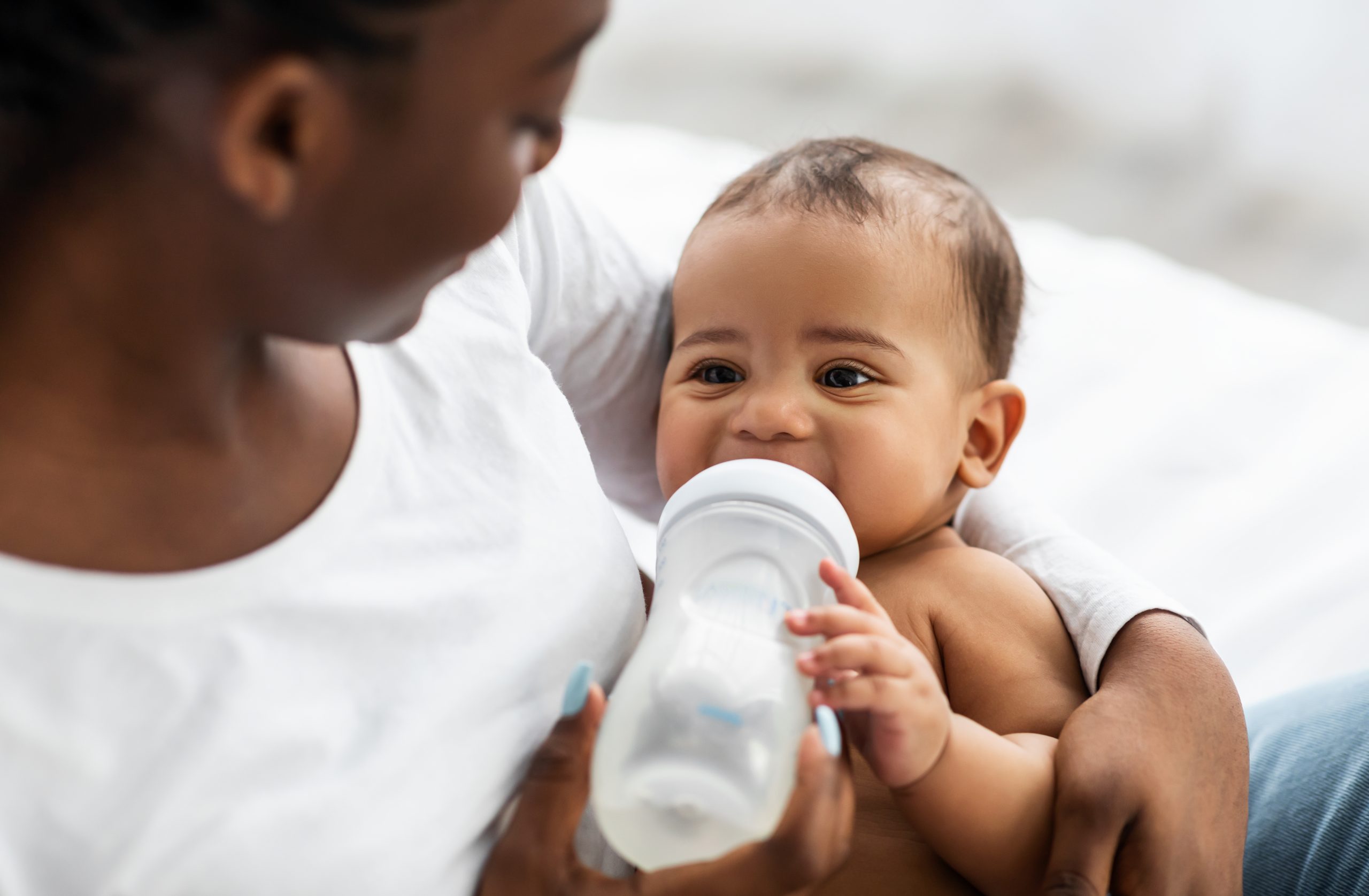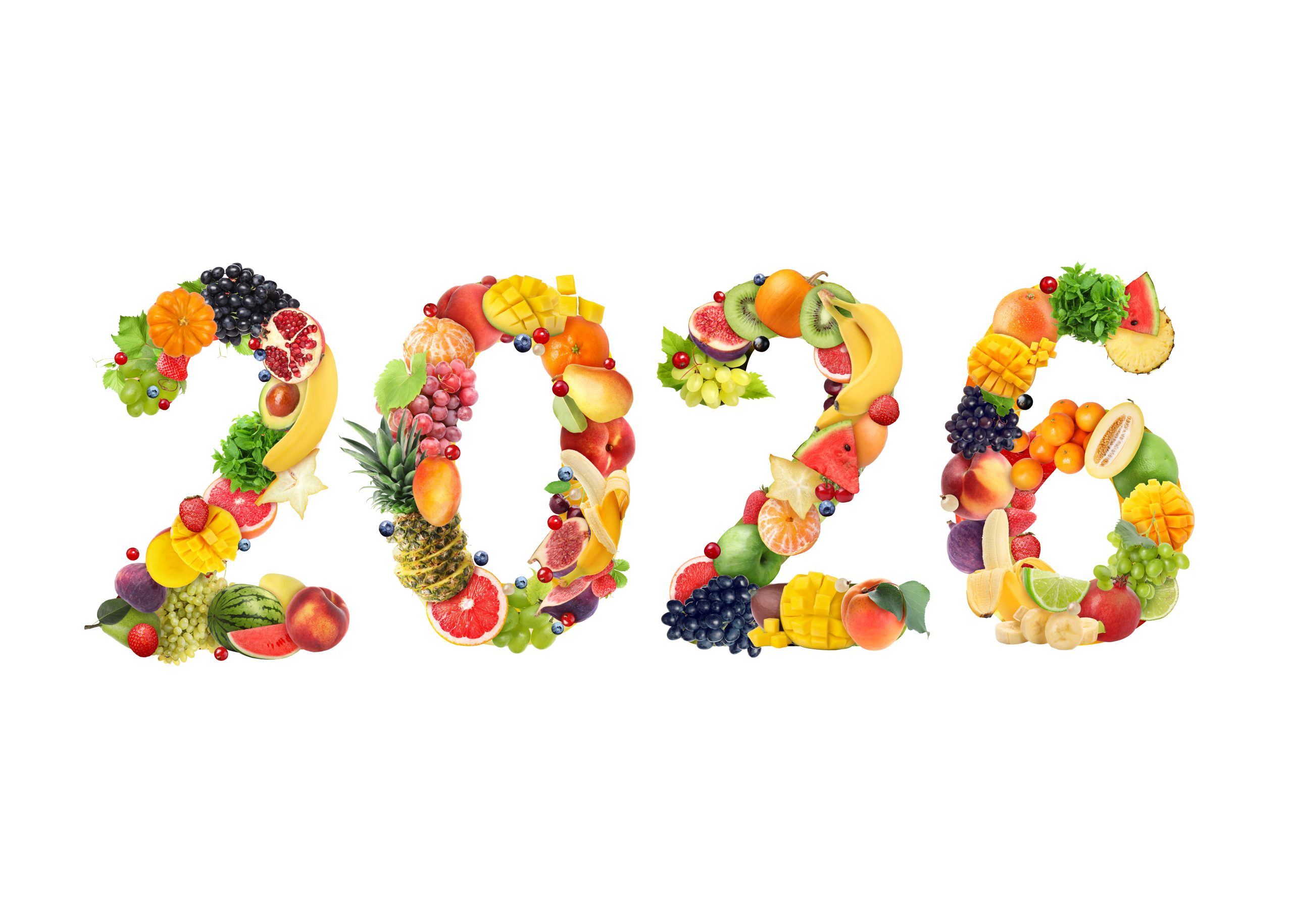Originally published in the March Supplement issue of JNEB.
I am so excited to be publishing this US Department of Agriculture (USDA)- funded childhood obesity prevention work, referred to as the iCook 4-H project. This supplement represents over 5 years of outstanding collaboration, although I am sure there were challenges that this adept team needed to overcome.
As you read this supplement, pay special attention to the thoughtfulness of the planning. We sometimes overlook the formative research that really sets the stage for the intervention. The Report by Franzen-Castle et al1 provides an important description of the curriculum development process. The cyclic process took time that many researchers may not have included in their overall project time- line. However, this allowed the researchers to be sure that the curriculum aligned with goals and adhered to the Community-Based Participatory Research Model2 as well as learning models and behavioral models.
The researchers were equally attuned to the development of the evaluation. As described by Mathews et al,3 the researchers were focused on the process of item development while remaining true to the program goals and objectives and a foundation in behavioral theory. This paper is important not only to the overall research but could also provide ample discussion for college classes in community nutrition.
A new dimension, for myself at least, is the impact evaluation using Ripple Effects Mapping as described in the first Olfert et al article.4 Once again, these researchers provide us with more than just the results of the project in identifying and describing novel methods. As we as researchers begin to use these novel methods, they reflect the outcomes reported in this article. Namely, trying new things together leads to new skills and positive change.
As with any research, not every- thing turned out as planned. In the Kattelmann et al article,5 the authors describe the outcomes on sedentary time and physical activity. Having meaningful impact in this important area of health has been difficult for community nutritionists. The authors provide insightful commentary in the Discussion section of this paper that everyone with an interest in obesity prevention in children should read. This is similar to the White et al article,6 where secondary outcome results were fairly much as expected but primary outcomes were not. The Discussion provides ample direction for future research that might propel this team and others through the next 5 years.
Taking this research one step further led this team to evaluate the dissemination of the program through Infographics. In the second Olfert et al paper,7 they provide the data on their Infographic but again also provide researchers and practitioners with tools to use as they plan their next project, or to incorporate into existing programs.
This supplemental issue celebrates our SNEB membership who are successful in obtaining federal funding with their visionary maps for research, resilient in conducting the research and maintaining the collaborative effort, and generous with choosing to publish in JNEB for our membership’s benefit. Please join me in congratulating this successful team as you read this issue.
Karen Chapman-Novakofski,PhD, RD, LDN
Editor-in-Chief
REFERENCES
- Franzen-Castle L, Colby S, Kattelmann K, et Development of the iCook 4-H curriculum for youth and adults: cook- ing, eating, and playing together for childhood obesity prevention. J Nutr Educ Behav. 2019;51:S60-S68.
- Israel BA, Schulz AJ, Parker EA, Becker Review of community-based research: Assessing partnership approaches to improve public health. Annu Rev Publ Health. 1998;19:173-202.
- Mathews D, Kunicki ZJ, Colby S, et Development and testing of program evaluation instruments for the iCook 4-H curriculum. J Nutr Educ Behav. 2019;51:S21-S29.
- Olfert MD, King SJ, Hagedorn RL, et Ripple effects mapping outcomes of a childhood obesity prevention program from youth and adult dyads using a quali- tative approach: iCook 4-H. J Nutr Educ Behav. 2019;51:S41-S51.
- Kattelmann KK, Meendering JR, Hofer EJ, et The iCook 4-H study: report on physical activity and sedentary time in youth participating in a multicomponent program promoting family cooking, eat- ing, and playing together. J Nutr Educ Behav. 2019;51:S30-S40.
- White AA, Colby SE, Franzen-Castle L, et The iCook 4-H study: an interven- tion and dissemination test of a youth/ adult out-of-school program. J Nutr Educ Behav. 2019;51:S2-S20.
- Olfert MD, Hagedorn RL, Barr ML, et al. Dissemination using infographic reports depicting program impact of a community-based research program: eB4CAST in iCook 4-H. J Nutr Educ Behav. 2019;51:S52-S59.
continue reading
Related Posts
It’s a Busy Time for Nutrition. What’s Happening A current
The New Year is a time to look ahead…for dietary
SNAP benefits may have resumed but Dr. Marion Nestle assesses



